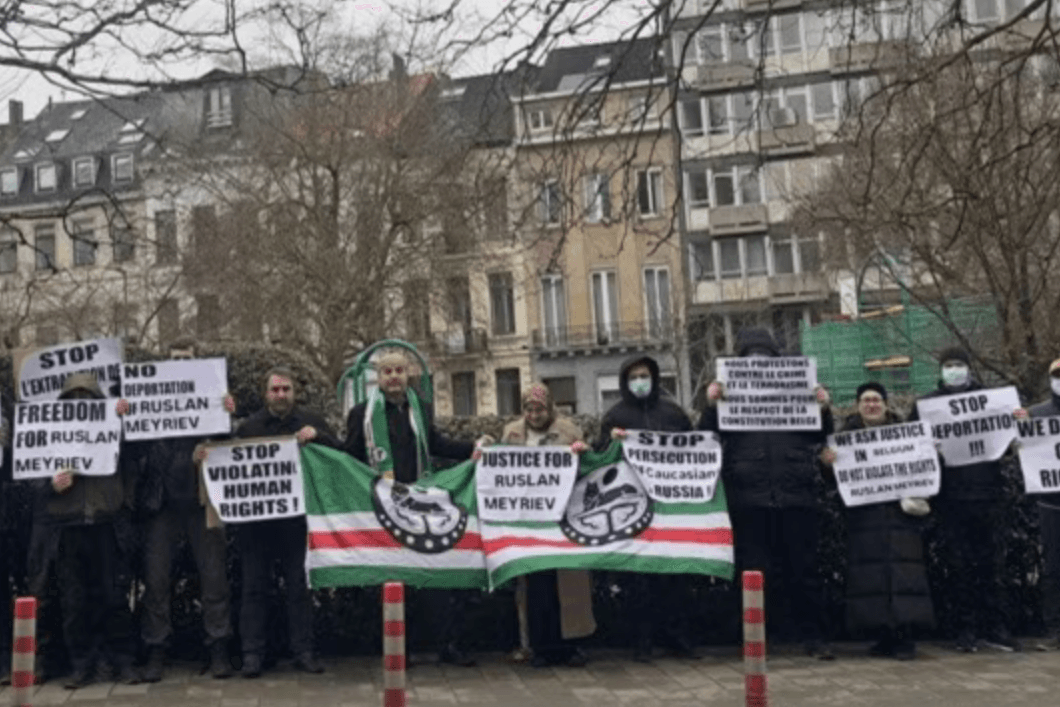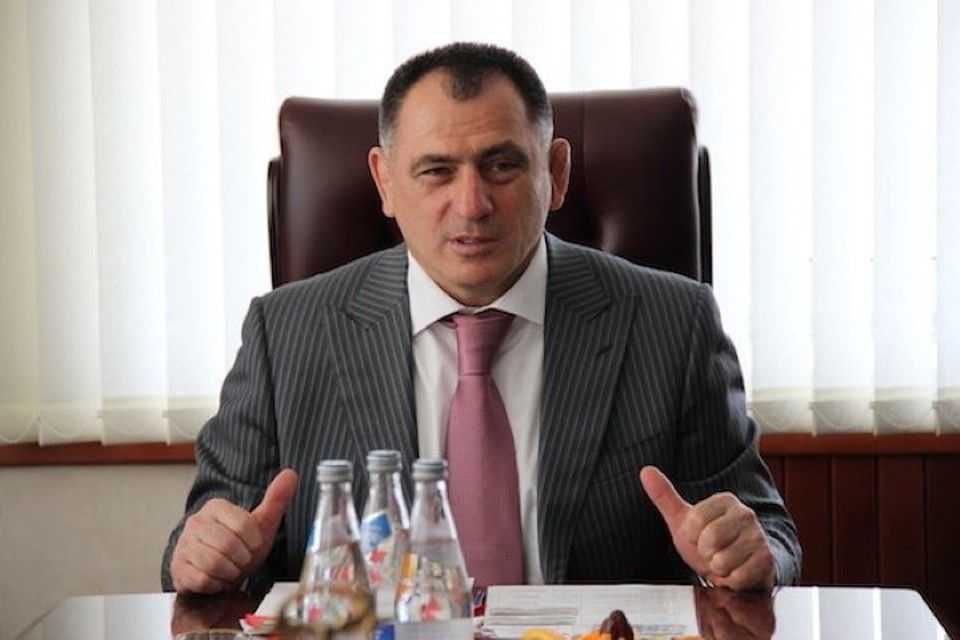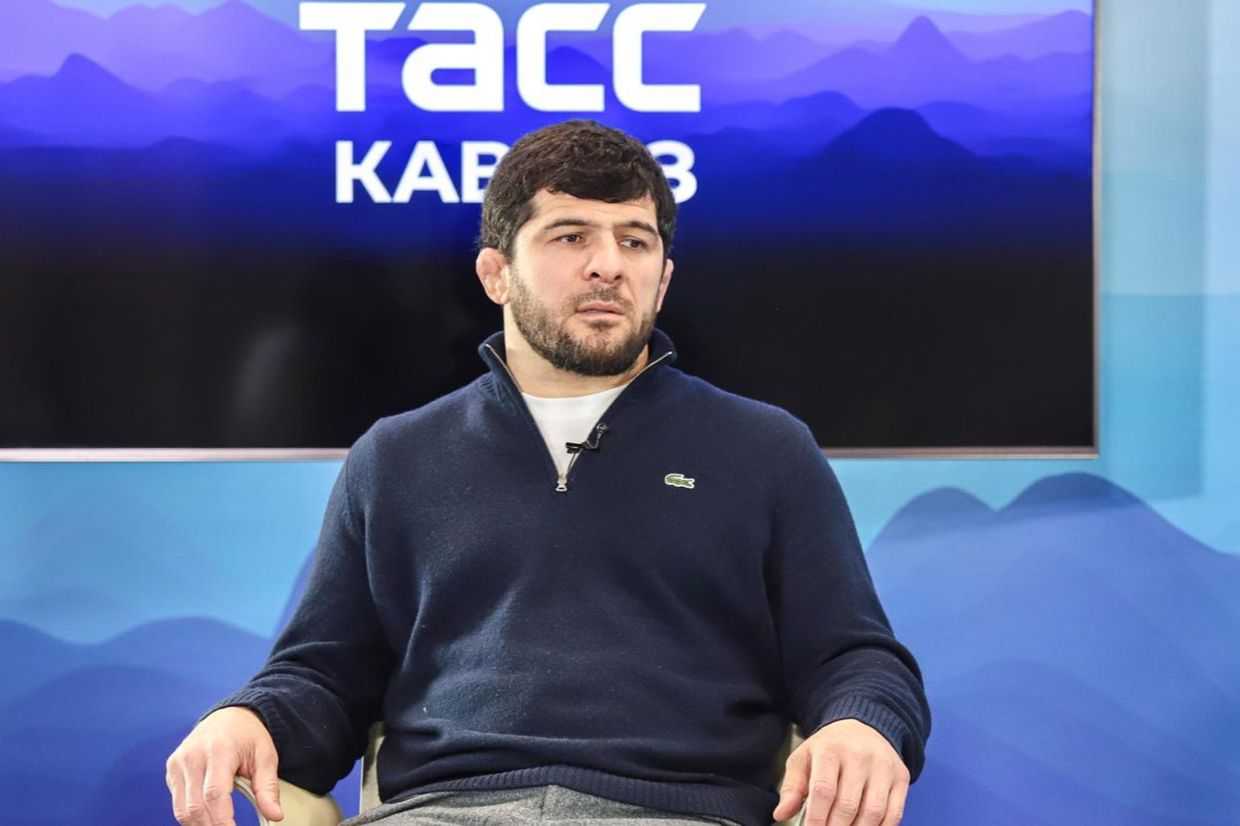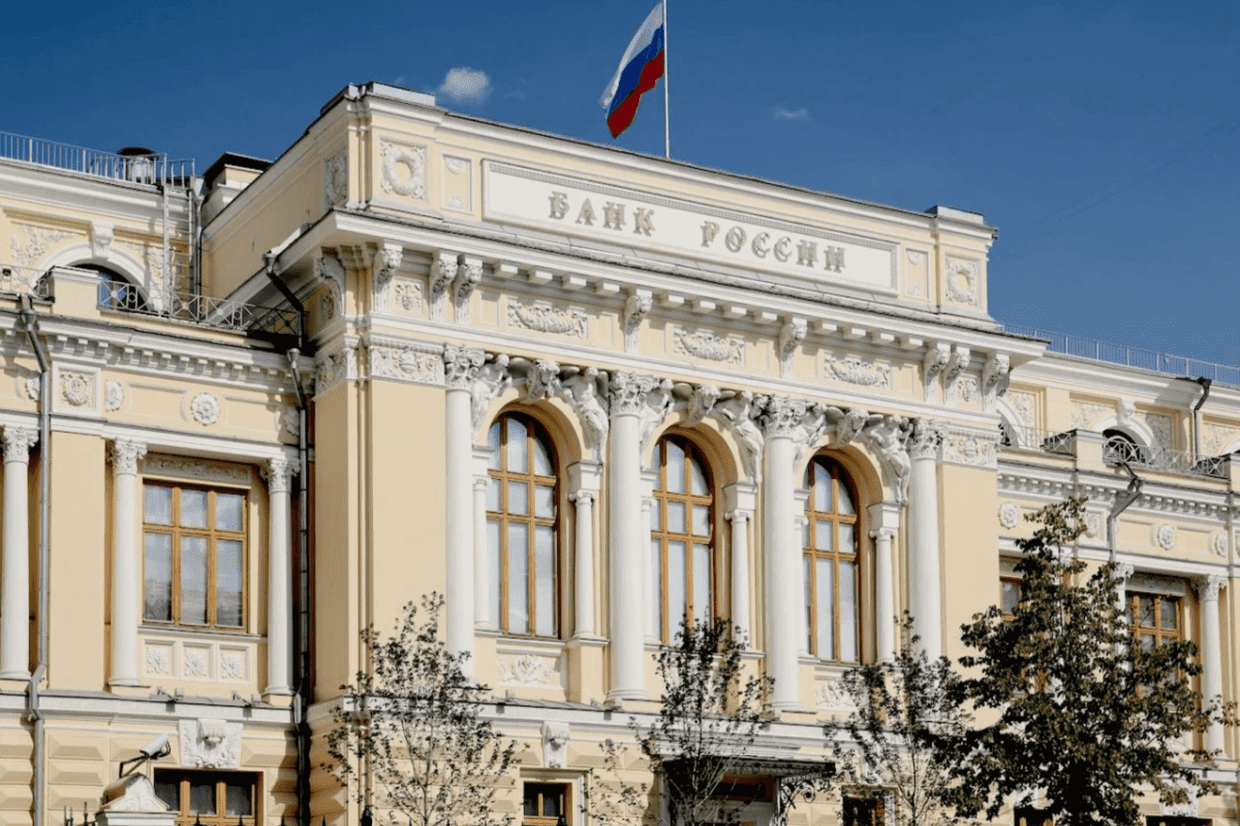Vladikavkaz native accused of terrorism enters third week of hunger strike in Belgian prison

Ruslan Meyriev, a 41-year-old Vladikavkaz native of Ingush origin, has been on hunger strike for three weeks in protest against terrorism charges.
Now Meyriev, who is in prison in the Belgian city of Mechelen on terrorism charges, has deteriorated in health. Fatima Gazieva, head of the human rights organisation PeaceWomen Across the Globe, visited Meyriev in prison and said he is pale and looks ill.
It took nearly two months to arrange a meeting with Meyriev, Gazieva told OC Media. They were only allowed to communicate through protective glass because Meyriev is a suspected terrorist.
‘I told him that the hunger strike could affect his health, [and] asked him to break it, but he refused. No, he says, this is my protest. He is kept in solitary confinement, not taken out for air. And he claims that he has not committed any offences on EU territory. At the same time, every time he is interrogated, he is given new evidence [of crimes he is accused of committing]. But he denies everything’, Gazieva told OC Media.
Belgium believes that Meyriev took part in the fighting in Syria on the side of militants, as well as being involved in the preparation of terrorist attacks in Russia.
But Meyriev himself, according to Gazieva, claims that he not only has never been to Syria, but not even to Turkey, which is often used as an intermediate point for crossing the Syrian border. He also insists that several photos with militants, which the investigation cites as evidence, show a different person. This could be confirmed by an expert examination, but Belgian law enforcement officials have refused to allow it. The entire accusation is based on data obtained from Russian intelligence services, Gazieva stressed.
Meyriev worries that not only could he be wrongfully convicted, but also deported to Russia, where he would be likely tortured and executed without trial, Gazieva said.
On 8 January, a rally against Meyriev’s prosecution and possible deportation was held in front of the Ministry of Justice in Brussels. About 20 people participated, holding placards with the slogans ‘Justice for Ruslan Meyriev’, ‘Freedom for Ruslan Meyriev’, and ‘Stop human rights violations’.
Russian Telegram channels associated with law enforcers wrote about Meyriev's involvement in the preparation of terrorist attacks in the run-up to the 2014 Sochi Olympics. At the same time, Meyriev left for Crimea in 2013, and after its annexation by Russia the following year – to the mainland of Ukraine.
The Ukrainian authorities granted Meyriev a temporary residence permit because he was married to a Ukrainian citizen. In 2015, his residence permit was cancelled: Meyriev was detained by the Ukrainian security service (SBU) on suspicion of jihadism. Gazieva said that many Ukrainian officials interceded on his behalf, including two members of the Ukrainian Parliament who ‘offered to go to prison in his place’.
Meyriev's charges were later dropped and he was released, but he emigrated to Finland after the outbreak of a full-scale war in Ukraine in 2022.
In June 2024, Russian authorities asked Interpol for assistance in finding Meyriev. He was detained with the authorisation of the Stockholm District Court when he came to Sweden to see his family. At the time, Swedish media reported that the basis for the arrest was an extradition warrant for Meyriev from a European country, which later was revealed to be Belgium.
‘Such cases, when natives of the North Caucasus [are portrayed]as terrorists, are very numerous. They happen in almost all European countries. We all know that Russia fabricates cases and European countries take it at face value. We have hundreds of such cases. Just recently, an [Ichkerian human rights organisation] Vaifond activist was detained in Austria – she was allegedly in Syria. Before that, the case of Selima Hadisova, detained in Bosnia, was widely reported — she was later cleared of all charges,’ Gazieva said.
In January 2024, Amnesty International urged the EU countries not to extradite refugees from the North Caucasus back to Russia. In their home country they would face torture, abuse or be sent to join the war against Ukraine, the human rights activists said.











